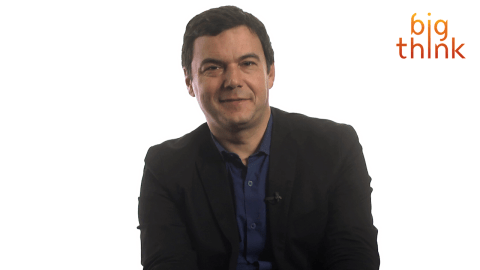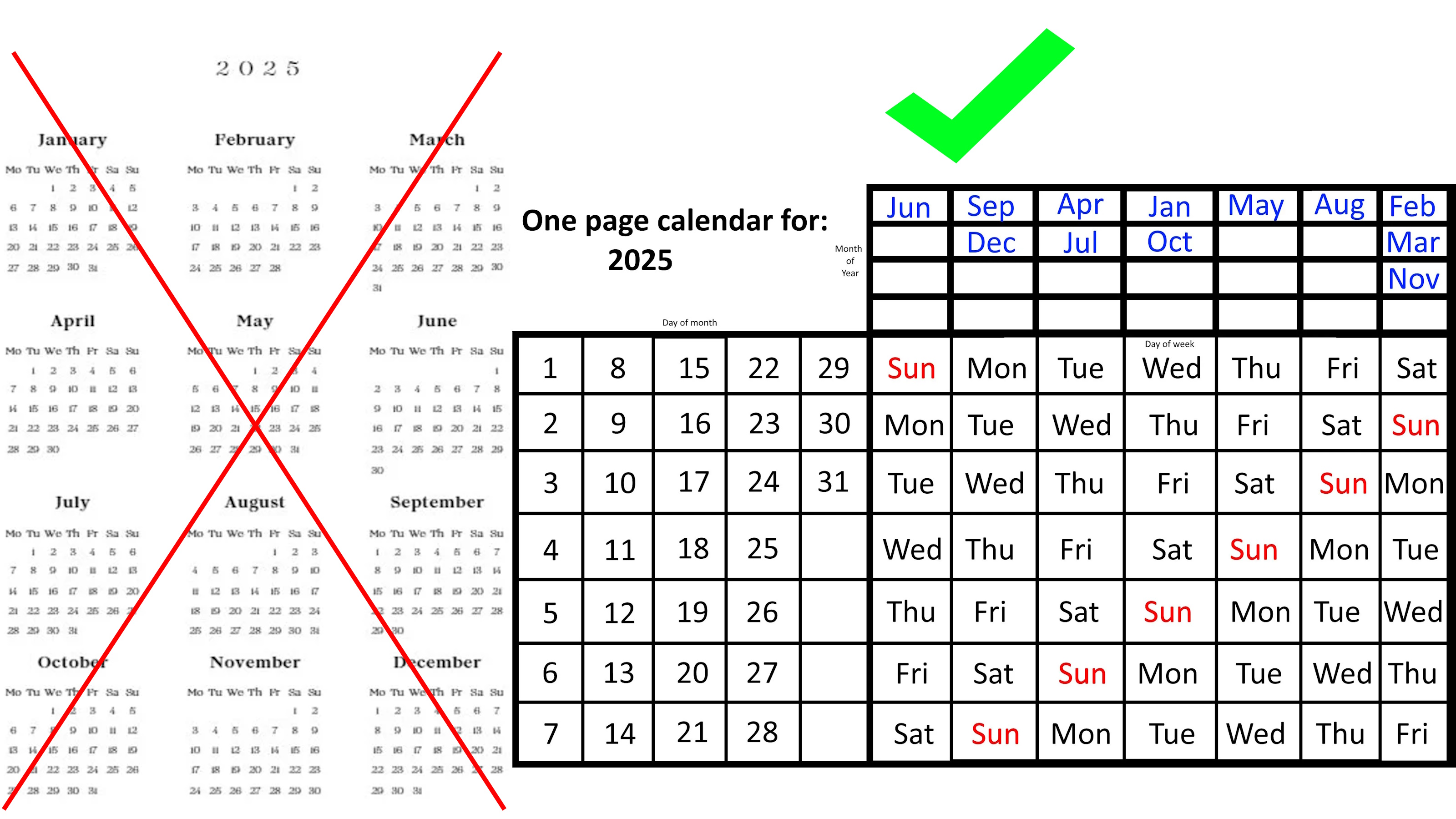Student Loans are Worsening Inequality, with Thomas Piketty

Student loans are intended to provide everyone with equal access to education, but the staggering amount of student loan debt that Americans currently hold — estimated at over $1 trillion — is retarding economic growth and entrenching wealth inequality.
Or at least according to the exhaustive analysis of French economist Thomas Piketty, whose academic treatise, Capital in the Twenty-First Century, became a popular success and carried with it the cultural weight of a work by Adam Smith or Karl Marx.
The central observation of Piketty’s work is that money works differently now than ever before. Invested income has grown at a rate outpacing the rise in wages, meaning the rich get richer and the poor stay about the same (or get poorer relative to inflation). And as college tuition has grown, the loans required to sustain it become more burdensome.
“In other countries in the developed world, you don’t have such massive student debt because you have more public support to higher education. And I think the plan that was proposed earlier this year in 2015 by President (Barack) Obama to increase public funding to public universities and community college is exactly justified. This is really the key for higher growth in the future and also for a more equitable growth.“
Having to pay back hefty loans while looking for your first professional experience is a mentally taxing experience. It can cause undue stress and depression, which makes functioning well in a professional environment all the more difficult.
It also makes you more likely to accept positions that do not take full advantage of your qualifications, because you need a paycheck now, and complicates starting your own business, which requires difficult periods of cash-poorness.
At what point can we say that the deal has gone south for Americans who owe large amounts of student loans? Some students attending for-profit universities have publicly refused to repay their loans, arguing the services they received did not match what they paid in tuition.




